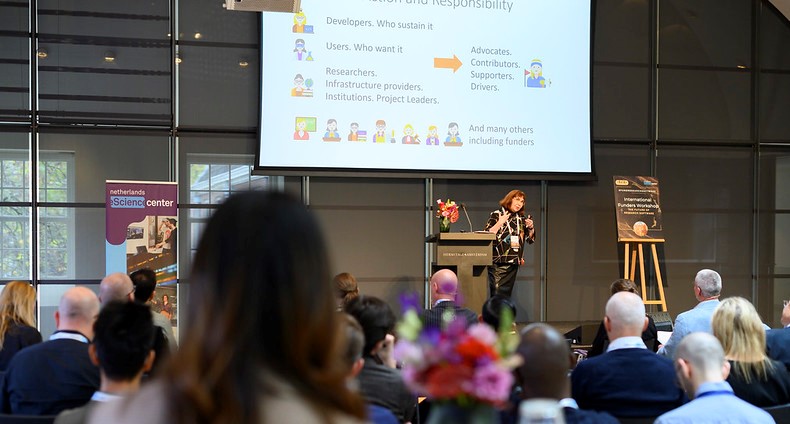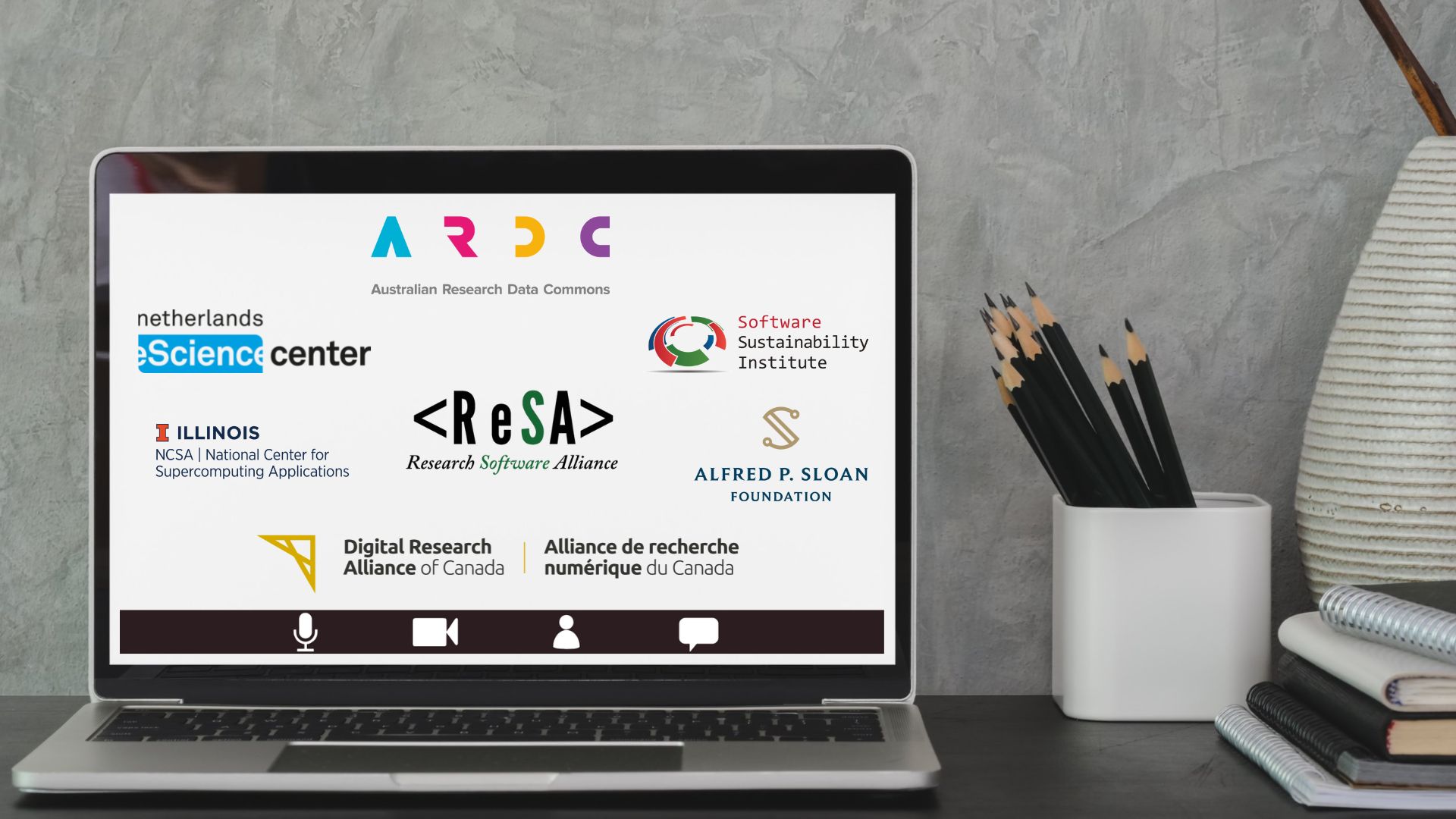Elevating Research Software: Developing a Roadmap
4 September 2023
Authors: Eric Allen Jensen, Daniel S. Katz

Research software is the unsung hero of modern science. Yet it often plays second fiddle to traditional scholarly outputs such as journal articles. As research grows increasingly computational, the need to recognise software contributions becomes imperative. However, there are a number of challenges that must be overcome to achieve this. How do we measure and extend the impact of research software? How do we integrate it into academic evaluations? A set of answers may be found through policy-related activities, including advocacy, organising, and research.
Building on discussions in the US Research Software Sustainability Institute (URSSI), including a number of workshops and an implementation plan that URSSI developed, we’ve created a set of possible activities aimed at elevating the role of research software in academic career paths, recognition, and beyond. As part of the Alfred P. Sloan-funded URSSI Policy project, we’ve assembled 44 of these ideas as a starting point, and we’ve posted them as issues in GitHub.
We intend for this to be a living list, where anyone can:
- Add a new potential activity
- Comment on an activity
- Say that they are working on an activity
- Say that someone else has already worked on an activity, and point to their work
- Say that they would like to work on an activity in collaboration with others
The activities are labelled by:
- Type of activity: Research, Advocacy, Organising/action, Documentation
- Topic: Career path, Impact, Public software, Quality, Maintenance, Diversity and inclusion
- Effort: Small (estimated to be less than one person-year), Medium (1-3 person-years), or Large (more than 3 person-years)
If you are interested in research software and related policy, we hope you will help us maintain and augment this list, and that you might choose to work on a project. Perhaps an item on this list would be a good project for you to work on? Or a good class/independent study project?
Some of these activities include:
The Tenure Track Reimagined
- Scope: Investigate how software contributions factor into academic promotions and tenure at a research organisation.
- Impact: Aims to influence policy changes by revealing disparities between traditional research outputs and software contributions.
Best Practices Unveiled
- Scope: Document and share examples of successful recognition practices for research software contributions.
- Impact: Provides a blueprint for academic institutions to integrate software contributions into their recognition systems.
Guidance Galore
- Scope: Create guidance documents to assist stakeholders in faculty hiring and tenure evaluations.
- Impact: Aims to reshape traditional practices, emphasising the role of software in modern research.
Demographics Decoded
- Scope: Conduct research to profile research software engineers (RSEs) demographically.
- Impact: Provides a baseline for understanding RSEs, aiding in targeted policy and program development.
Job Descriptions Demystified
- Scope: Create an online repository of research software-related job descriptions.
- Impact: Helps individuals make informed career decisions and serves as a data source for secondary analysis.
Community Connect
- Scope: Create a mailing list to foster community and information exchange among those interested in research software careers.
- Impact: Aims to build a more robust and informed community in the research software domain.
Case Studies: The Good, The Bad, The Ugly
- Scope: Develop case studies revealing diverse career paths of RSEs.
- Impact: Provides a holistic understanding of the field, helping RSEs navigate their career landscape.
Sector-Specific Insights
- Scope: Compare RSE career paths in academia, industry, and government.
- Impact: Offers actionable recommendations for individuals and policymakers across sectors.
Pay Parity Probed
- Scope: Conduct a comparative economic study on RSE salaries versus other researchers.
- Impact: Aims to identify disparities and inform organisational and funding decisions.
Research Software Templates for HR/Job Ads
- Scope: Develop sample language that highlights the value of research software skills.
- Impact: Bolsters organisational capacity and sets a standard for research software roles.
Visibility of Achievements
- Scope: Help individuals claim software works on platforms like ORCID.
- Impact: Empowers individuals to effectively promote themselves.
This is a small selection of the 44 potential activities that are now live, prepared as part of the URSSI Policy project. The activities outlined so far offer a multi-pronged approach to advancing the research software field. They aim to create a more equitable, transparent, and dynamic academic ecosystem. These activities are not just suggestions to help the research software field chart its course; they’re potential catalysts for change. They aim to redefine academic norms, making room for the computational cornerstone that is research software. It’s time to give research software its due, not as a mere tool, but as a cornerstone of academic innovation. Ready to contribute or learn more? Check out the collection of activities and let’s elevate research software together!






